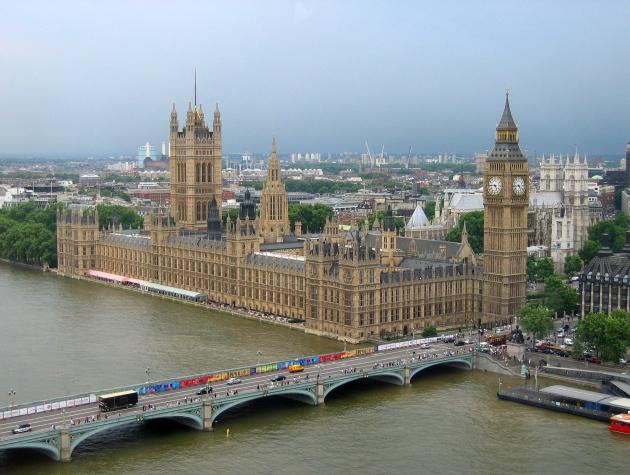GEG WP 2013/84 Global Governance Exit: A Bolivian Case Study
Full Title: Global Governance Exit: A Bolivian Case Study
Author: George Gray Molina
GEG Working Paper 2013/84
Abstract
This paper describes three Bolivian policy reversals on aid, trade and climate change. The standard IPE explanation for policy reversals –a change in the payoff of cooperation— often begs the question of why a small developing state might choose to restrict its global policy space in contexts of changing rules and power shifts. This paper offers three analytic narratives of policy reversals, and tries to make sense of “exit” from global governance, first, from the perspective of Bolivian foreign policy; and, second, from the perspective of the literature on international political economy. Not every problem of global governance is a “problem” for a small Andean economy, and vice versa; the constraints of small developing economies are unlikely to be “binding” for major players of the global economy. The paper concludes with some thoughts on how policy reversals illustrate the range of strategic behavior available to small states.
Keywords: global governance, policy reversals, aid, trade, climate change
Author Bio
George Gray Molina is the Chief Economist for the United Nations Development Program (UNDP) Latin America and the Caribbean region. He was an Oxford-Princeton Global Leaders Fellow from 2008-10.







